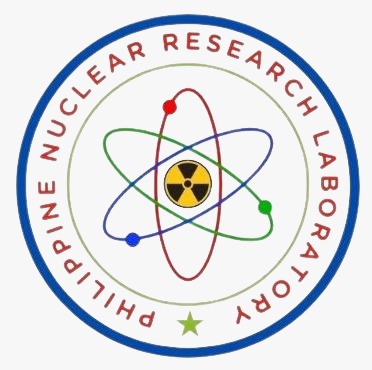Nuclear Services
The Nuclear Services Division (NSD) is the service-oriented arm of the Institute, engaging clients from industry, business, government, the medical and academic sectors and the research staff of the Institute, in order to provide specialized nuclear services that enhance product quality, improve processes, and generate information derived from the use of nuclear techniques. The Division offers, among others, services such as irradiation of materials and commodities, dispensing of radiopharmaceuticals for the diagnosis and treatment of diseases, radiotracer technologies, calibration of radiation detection equipment, dosimetry, engineering works and analytical testing that harness the unique, value added role of nuclear techniques.
Solar Energy Services
Enhance your knowledge on solar energy services with our informative content. Explore the benefits of utilizing solar energy for your home or business, learn about the latest advancements in solar technology, and discover how you can make the switch to a more sustainable energy source. Stay informed and stay ahead in the world of solar energy services
Water Resource Services
Water resource services refer to the management and conservation of water sources. This includes activities such as water treatment, distribution, and wastewater management. These services are essential for ensuring access to clean and safe water for communities and industries.
Water resource services play a crucial role in sustainable development and environmental protection. By efficiently managing water resources, we can ensure the availability of water for future generations and minimize the impact of pollution on our ecosystems.
Stay informed about the latest developments in water resource services to understand how they can benefit your community or organization. By staying up to date on best practices and technologies in water management, you can contribute to a more sustainable and resilient water future.
Green Energy
Enhance your knowledge on sustainable energy sources with our informative content on green energy. Explore the latest advancements in renewable energy technologies and learn how they are shaping the future of our planet. Stay informed and inspired to make a positive impact on the environment by incorporating green energy practices into your daily life.
Anti-radiation services encompass a variety of measures designed to minimize exposure to harmful radiation. These services can include the installation of radiation shielding in workplaces, the provision of personal protective equipment, and the implementation of monitoring systems to detect radiation levels in real time. For example, industries that work with radioactive materials, such as healthcare facilities or nuclear energy plants, utilize these services to protect their workers and the public. Additionally, residential anti-radiation solutions, such as radiation-blocking paint and specialized window films, have gained popularity among individuals seeking to reduce exposure from everyday electronic devices.
The significance of anti-radiation services cannot be overstated. Regular exposure toradiation, whether from natural sources or man-made technologies, can lead tonumerous health issues, including cancer, radiation sickness, and other chronicconditions. By employing anti-radiation services, individuals and organizations can mitigate these risks effectively. Furthermore, regulatory bodies often require comprehensive radiation safety programs, prompting companies to seek professional assistance in compliance and risk management. This necessity has fostered the growth of the anti-radiation services sector, highlighting its importance in contemporary society
Soil Testing Services
Soil testing services play a crucial role in various fields, including agriculture, construction, and environmental management. These services provide essential insights into the soil's composition, health, and suitability for different uses. As the demand for sustainable and efficient land use continues to rise, understanding and utilizing soil testing services becomes imperative for informed decision-making
One of the primary benefits of soil testing is its application in agriculture. Farmers rely von soil testing to optimize crop yields and manage soil health effectively. Through comprehensive analysis, soil testing services can determine nutrient levels, pH balance, and soil texture. This information enables farmers to tailor their fertilization and amendment strategies to align with the specific needs of their crops. For instance, a soil test may reveal deficiencies in essential nutrients like nitrogen or phosphorus, prompting farmers to adjust their fertilization practices accordingly. Consequently, soil testing not only enhances productivity but also promotes sustainable farming practices by minimizing the overuse of chemicals.
In addition to its agricultural benefits, soil testing services are vital in the constructionindustry. Before any construction project, understanding the soil properties is essential to ensure the structural integrity of buildings and infrastructure. Soil testing provides data on bearing capacity, compaction characteristics, and potential erosion issues. This information allows engineers and architects to design foundations that can withstand the loads imposed by structures, thereby reducing the risk of future failures. Moreover, proper soil testing can help identify contaminated sites, enabling developers to take necessary precautions and mitigate environmental risks.


